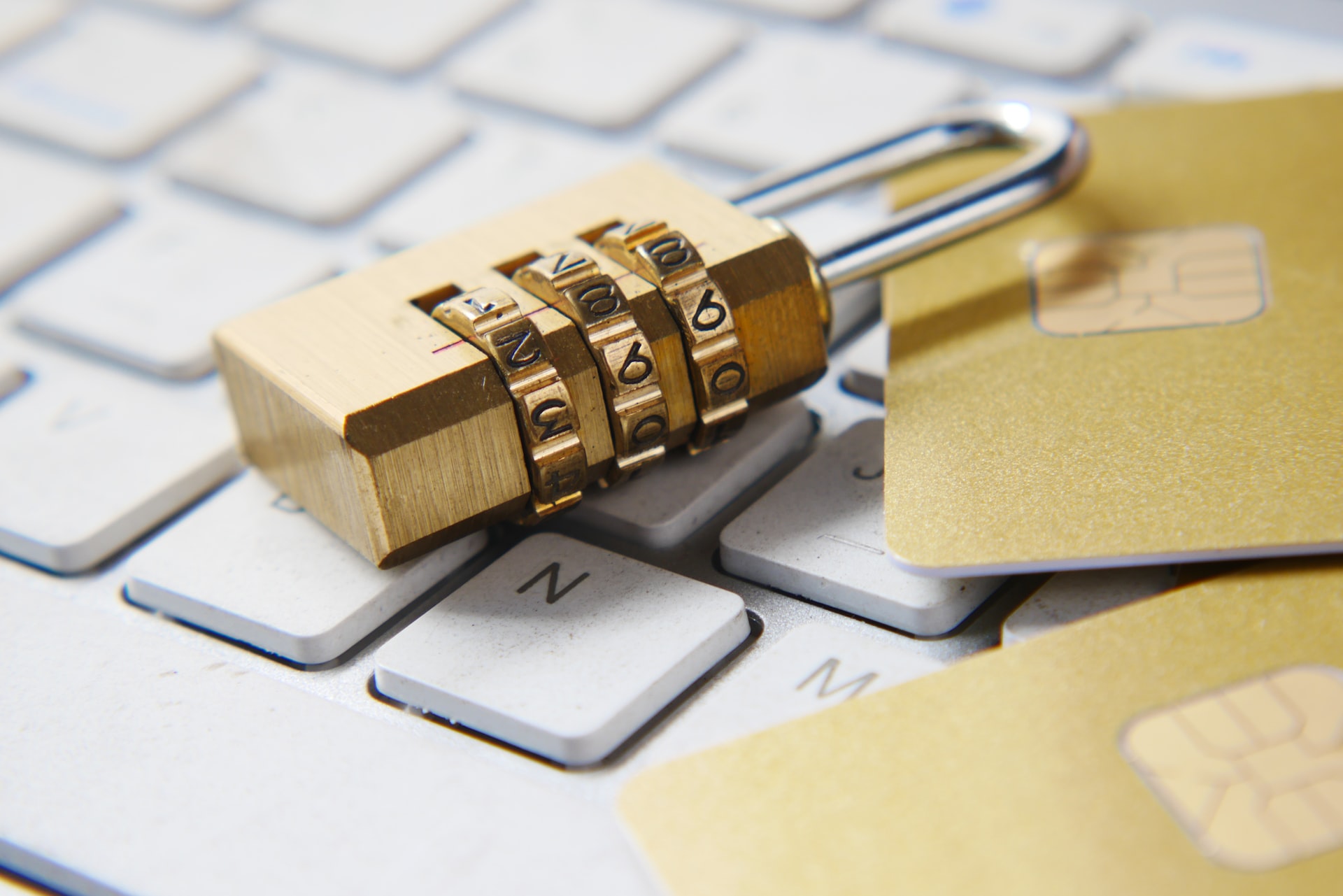A credit card is great for covering expenses and building credit, but a bad credit score can complicate the approval process. A better credit score gives you more choices, but the reality is that past financial missteps won’t necessarily disqualify you from getting a credit card with reasonable terms. And by shopping around to find the best fit, you could start rebuilding your credit health and open the door to better financial opportunities.
What Do Credit Card Companies Consider Bad Credit?
FICO is the most prevalent credit scoring model. It’s used by 90 percent of creditors and lenders to make credit decisions.
A bad credit score is anything below 579. Here’s a breakdown of FICO score ratings:
- Poor: 300 to 579
- Fair: 580 to 669
- Good: 670 to 739
- Very good: 740 to 799
- Exceptional: 800 to 850
Although a 580 credit score puts you in the fair category, you should get your score as high as possible. A 620 credit score is enough to get a conventional mortgage, but your maximum loan amount and interest rate will be more attractive if you continue building your score beyond the minimum requirement.
What Is The Minimum Credit Score Needed for a Credit Card on Average?
It depends on the credit card issuer. Some will accept consumers with poor credit scores. Others don’t conduct a credit check or require a credit history to get approved.
However, the best credit cards with attractive terms and incentives are generally reserved for individuals with very good or exceptional credit. So, it’s worthwhile to start building your credit score sooner than later. Some credit card issuers that provide starter cards give cardholders the flexibility to switch to an unsecured credit card with better rewards and lower rates in the future. But you’ll likely start off with higher interest rates.
How Do Credit Cards Improve Your Credit Score?
Credit cards can help boost your credit score in several ways. For starters, payment history accounts for 35 percent of your credit score. It is the largest category of your FICO score. So, paying on or before the due date each month will help build a positive payment history, and your score will increase over time.
On-time payments will strengthen another credit scoring category that has a significant impact on your score. The amount you owe creditors accounts for 30 percent of your credit score. This metric is measured by credit utilization or the percentage of your credit limit used on revolving accounts (i.e., credit cards). You want to keep your utilization at 30 percent or lower – 10 percent or lower is even better – to improve your credit score. So, if your credit limit is $1,000, try to keep the balance at or below $300. Again, paying on time and making more than the minimum payment will put you in the right direction. Payment history and credit utilization make up 65 percent of your credit score combined.
Other Things to Consider When Choosing a Credit Card
Picking your first or next credit card is an important decision. The card you select can impact your expenses and how quickly you build credit. When researching credit cards for bad credit, keep these factors in mind.
Reports Payments Made
Does the credit card issuer report account activity to the three credit bureaus – Experian, TransUnion and Equifax? Even if they don’t report to all three, it’s vital that they report to at least one credit reporting agency so your credit report gets updated. Positive payment history, which accounts for 35 percent of your credit score, can significantly boost your credit health. If a credit card issuer does not report to any of the major credit bureaus, you will not build credit. Many people use credit cards to improve their scores, especially credit cards designed for people with bad credit. Do not consider a credit card issuer that does not report your activity to any of the credit bureaus.
Low Costs and Fees
What APR does the card offer? Are there monthly maintenance fees or annual fees? Will a penalty APR be assessed if you make a late payment? Ideally, you want to stick with credit cards that assess minimal fees so that you can keep costs down. Some credit cards also come with an introductory period of 0% APR for the first 6-18 months. It’s more difficult to find this incentive on credit cards for consumers with bad credit, but be on the lookout. This advantage gains relevance when your credit score increases, and you can qualify for better cards. In addition, 0% APR for a limited time will make it easier to pay off lingering credit card debt.
Ability to Upgrade Later On
If you start with a secured credit card, is it possible to upgrade to an unsecured credit card in the future? People with bad credit should look for secured credit cards with this option. Some credit card issuers let you upgrade to a better credit card within a year. Ask the credit card company if this is an option for cardholders who demonstrate responsible use of their secured credit cards over time. Some credit card issuers will not do another hard credit check for you to obtain the upgraded card.
Credit Cards That You Can Get with Bad Credit
A bad credit score gives you fewer options, but you can still get a credit card. Most credit card issuers have starter cards that can get you back on your feet and build good credit over time. Several credit card options are available even if your credit score is lower than average. Here are some types of credit cards to consider.
Secured Cards
Secured credit cards operate like traditional credit cards but require a refundable security deposit to get approved. The amount you deposit is typically equal to your credit limit or credit line and is held by the lender until you’re upgraded to an unsecured credit card (if applicable) or close your secured card account. If you close your secured credit card, the refundable deposit will first go toward any remaining credit card debt. Then, after paying that expense with your refundable security deposit, the credit card issuer will provide you with the leftover funds.
Some secured credit cards offer rewards programs or cashback opportunities, but these are rare. You have a better chance of finding a secured card for people with bad credit and then converting it into an unsecured card after responsible credit use.
Subprime Cards
There’s an assortment of unsecured credit cards that cater to consumers with bad credit. However, many come with steep APRs and fees, and you may not have the option to upgrade to a more favorable unsecured card. The APRs on some subprime credit cards can exceed 30%. These cards are better for people who want to build credit but do not have enough cash in the bank for a refundable security deposit.
Store credit cards also fall into this category. Although you’ll likely get a low credit limit, you may be able to qualify with a low credit score. Plus, most aren’t riddled with pesky maintenance fees.
Store credit cards are restricted to those stores. You won’t be able to use a GameStop credit card to shop for groceries or make any purchases outside of GameStop. The same rule applies to other store credit cards. However, these cards offer exclusive discounts for purchases within the business. While an Apple credit card doesn’t restrict you to Apple products alone, the 3% cash back you earn on every qualifying purchase at any Apple Store demonstrates how some brands can offer additional perks for their cardholders.
Cards with Alternative Underwriting
Alternative-approval credit cards are designed for credit newbies who are unable to get approved elsewhere due to limited credit history. You can also find credit card issuers that offer these cards to consumers with bad credit and consider alternative data (i.e., bank account activity) when assessing your eligibility for a credit card.
Some online platforms also offer bad credit virtual credit cards. They are also ideal for credit-challenged consumers. Plus, you may find that you qualify for instant approval with a virtual credit card for bad credit.
Strategies to Improve Your Credit Score
Consumers who get secured credit cards have a clear objective: improve their credit scores. A higher credit score helps you get better financing, and you could qualify for an unsecured credit card sooner. Unsecured credit cards have lower interest rates and better rewards programs than secured credit cards. Applying these strategies can help you grow your credit score faster so you can move on to the right credit card and have more financial options.
Avoid Hard Inquiries
Many lenders and creditors use hard credit inquiries to get a better understanding of your credit profile. Financial institutions, credit unions, and online lenders use this information when assessing your application for a loan or line of credit. A single hard credit inquiry will reduce your score by a few points. It’s not a devastating event for your credit score, but accumulating hard credit checks can significantly drag down your score.
Luckily, most secured credit card issuers do not conduct hard credit checks. However, some of them may do soft credit pulls, and that is okay for your score. A soft credit check will not impact your credit.
Get a Higher Credit Limit If You Can Afford It
A higher credit limit helps your credit utilization ratio. However, this ratio impacts 30 percent of your score. Therefore, it’s best to keep your credit utilization ratio under 10 percent. For instance, if you make a $200 security deposit, you should strive to have no more than $20 on your credit balance before the credit card issuer reports your activity to the major credit bureaus.
Keeping your credit card balance under $20 may seem daunting. It may also be challenging to reach that level if you have an existing balance. You can get it as high as $60 for a 30 percent credit utilization ratio, a percentage that would still help your credit score. Putting more money into your security deposit will increase your credit limit and result in a more favorable credit utilization ratio.
Make More Than the Minimum Monthly Payment
The minimum monthly payment will keep your credit card in good standing. You will avoid late payment fees and improve your payment history, which is the largest component of your credit score. However, stopping at the minimum payment allows interest to compound on the remaining balance. Compounding interest is a concern for any credit card, but with secured credit card rates hovering near 30% in most cases, it’s more important to pay off your credit card balance. Doing so will also improve your credit utilization ratio.
Review Your Expenses
Your money habits can help you rebuild credit or put yourself into a deeper hole. On-time monthly payments are a critical element in raising your credit score and qualifying for better financing in the future. If you have not done so already, tracking your expenses on previous bank account statements can give you insights into how you spend and opportunities to lower your costs.
Reviewing your expenses can help you save money, and that does two things for your credit score. The first benefit is that you won’t incur as much credit card debt each month. Less spending keeps you further away from your credit limit. The second benefit is that those extra savings can go toward paying your credit card balance.
Monitor Your Credit
If you want to improve in any area, you have to track it. Most financial institutions make it easy to monitor your credit and see how your score improves over time. You can receive alerts when your credit score changes and look at your score through your institution’s mobile banking app.
Monitoring your credit can instill great financial habits that move you in the right direction. Building credit puts you in a better position for financing, but increasing your income, minimizing your expenses, and investing more money each month will have a stronger impact on your wealth in the long run.







